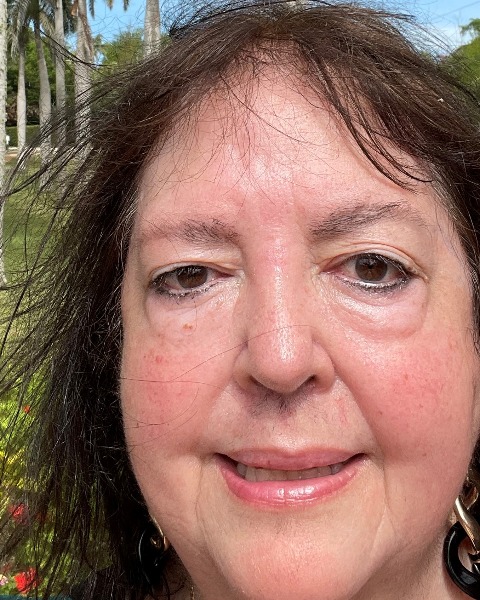Back
Organized Oral Session
Career Track
Session: : Growing an Inclusive 21st Century-Relevant Ecological Society – Celebrating the 30th Anniversary of the WAMIE Report
OOS 39-1 - ESA's 30-year Diversity and Education Improvement Journey: Successes, Ongoing Challenges and Current Opportunities for Accelerating Systemic Change
Wednesday, August 9, 2023
10:00 AM - 10:15 AM PDT
Location: 257

Carmen R. Cid, PhD, ESA Certified Senior Ecologist
Professor of Ecology/Dean Emerita
Eastern CT State University
Wethersfield, Connecticut, United States
Presenting Author(s)
In 1991, ESA surveyed its membership and found women and especially, ethnic minorities highly underrepresented. In 1993, ESA moved forward on a vision to achieve a population of ecologists that reflected the gender and cultural diversity of the general population in the United States, and convened leaders from the newly founded ESA Women and Minorities Committee, along with the Public Affairs Committee, recently founded Education section, ESA Public Affairs Office and ESA Washington, DC chapter. The result was the Women and Minorities in Ecology Report (WAMIE I), which presented goals, priorities, short-term actions and long-term recommendations to help: 1)create a scientific environment that embraces diversity and allows all professional to flourish regardless of gender, racial, or cultural background, 2) reduce or remove barriers to entry and advancement in the profession, 3) strive to assure that the teaching and research agendas in ecology address the relevance of ecological knowledge to our diverse society and 4) promote and encourage increased participation of all members of society in the application of ecological principles. ESA leaders have proceeded steadily towards developing programs, organizational structure and policies that facilitate meeting the rapidly rising need for a diverse and career-ready environmental workforce. Achievements include establishment of the office for Education and Diversity Programs with associated ESA committees, the award-winning SEEDS undergraduate mentoring program, the increase in ESA annual meeting programs/awards that recognize commitment to human diversity in ecology and ecology education, the rise in ESA sections and chapters that focus on diverse community recognition and engagement in ecology, and the continuously-evolving ESA staff and membership-driven mentoring and fundraising initiatives for early career ecologists, along with the evolution of the Board of Professional Certification programs. As someone who has helped lead ESA and disciplinary systemic change, I will outline the challenges faced and problem-solving approaches learned along this diversity and education-enhancing 30-year journey and explore the current opportunities within the newly restructured ESA Council, Governing Board and journals to speed up achieving ESA’s vision of “ecology for all”. I will focus on an overview of strategies that ESA members can implement now to tackle ongoing systemic challenges and continue to drive change to elevate the human dimension in ecology research, education, public outreach, within ESA and in the discipline, from the point of view of undergraduate and graduate students, early career academic and public sector environmental professionals, and ESA section/chapter members.
